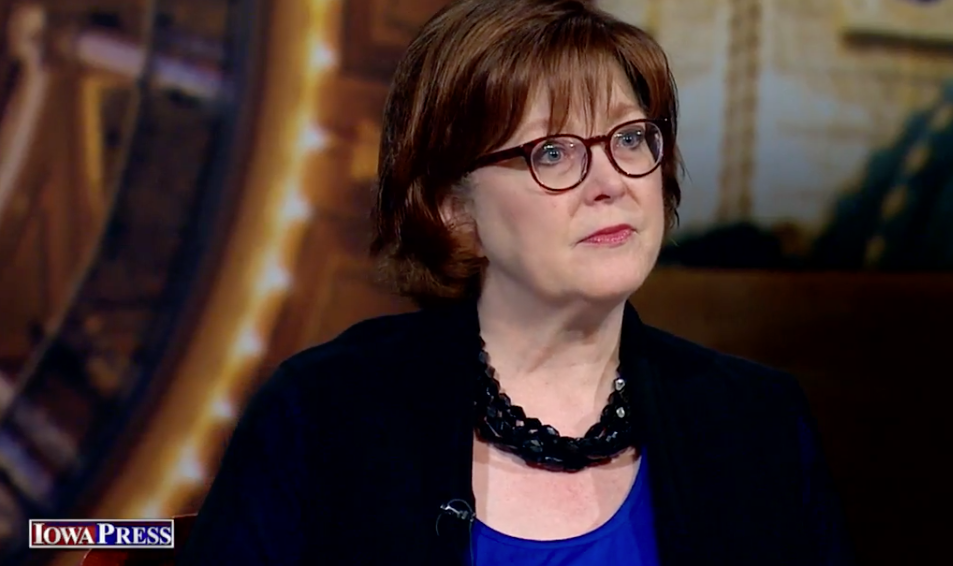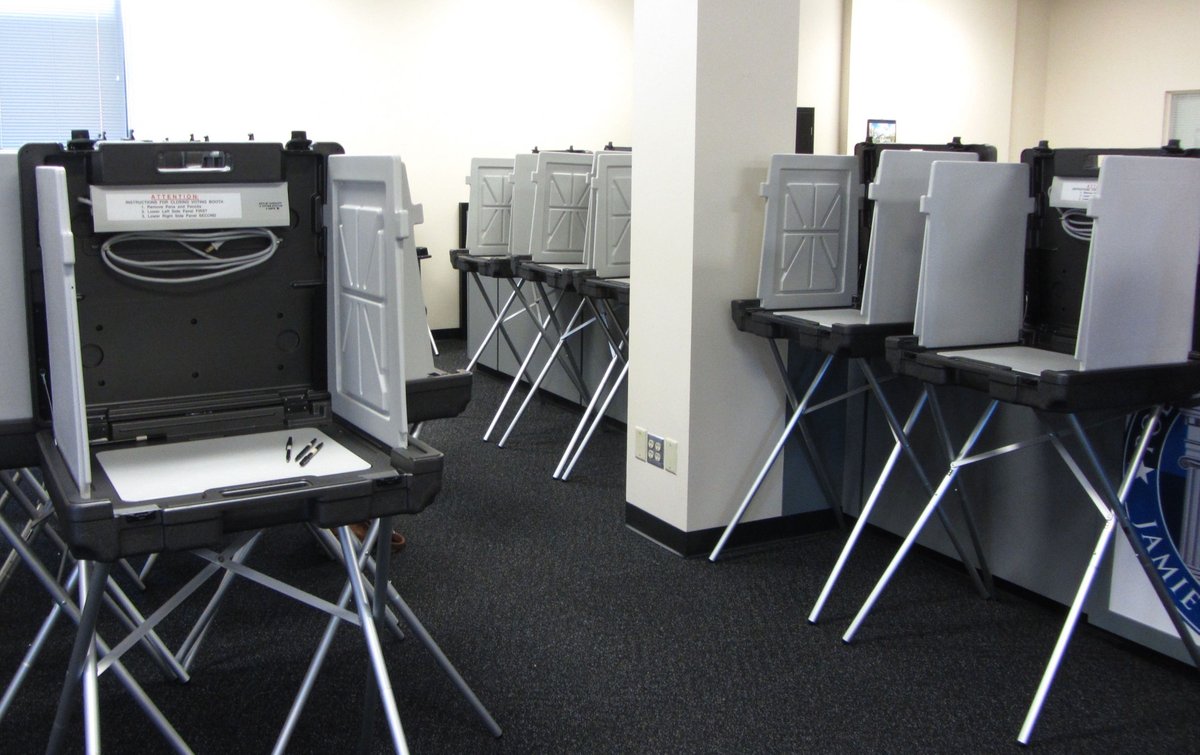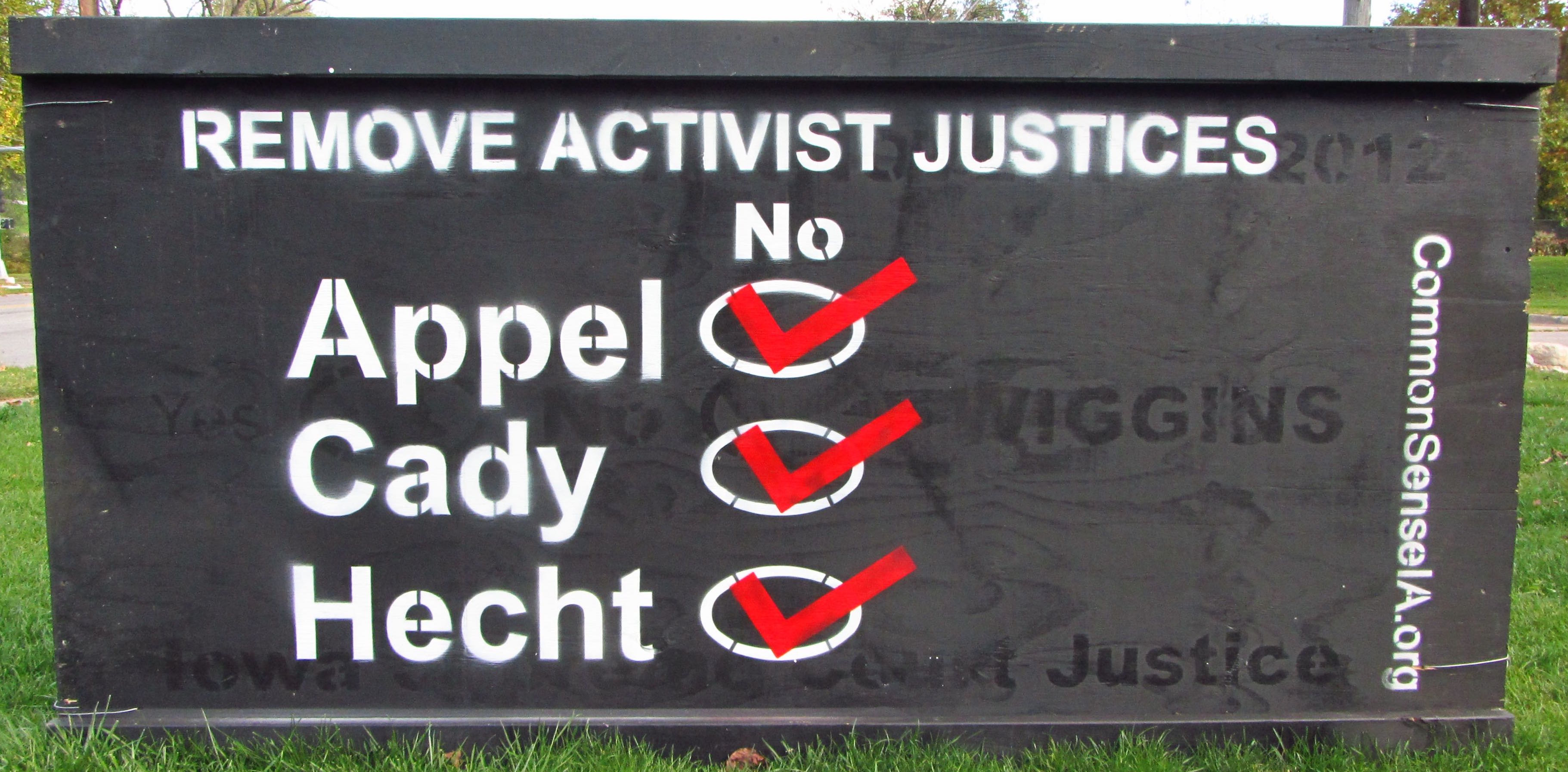Iowa Democrats will compete in 2012 with the same leaders who ran this year’s election program. On Saturday, the Iowa Democratic Party’s State Central Committee re-elected all five officers for the next two-year cycle: party chair Sue Dvorsky, first vice chair Michael Kiernan, second vice chair Chris Petersen, treasurer Ken Sagar and secretary Dori Rammelsberg-Dvorak. Last month, the Iowa Senate Democratic caucus re-elected Mike Gronstal as majority leader, and Iowa House Democrats chose Kevin McCarthy as minority leader. McCarthy has been majority leader and right-hand man to outgoing House Speaker Pat Murphy for the previous two election cycles.
Some might expect a few changes at the top after Iowa Democrats suffered their worst election defeats since 1994. In a December 4 statement, Dvorsky promised to “build on the lessons learned in the last election to grow the Iowa Democratic Party and advance Democratic values across the state.”
John Deeth mentions that the IDP’s field program won “national praise” (in the form of one line by Marc Ambinder). I find it hard to see how anyone can view this year’s coordinated campaign as a success. Granted, it was a tough year for Democrats in most parts of the country. Yes, a million dollars from out-of-state turned out the vote against the Iowa Supreme Court justices, which surely helped Republican candidates. Yes, Democrats were unlucky GOP power-brokers talked Terry Branstad out of retirement. If not for that, Bob Vander Plaats would have been the Republican gubernatorial nominee, Chet Culver might be gearing up for his second term, and Democrats might have held more legislative districts.
Still, we lost every competitive Iowa Senate seat plus one few people had their eyes on. We saved a few targeted Iowa House seats but suffered a net loss of 16 in the chamber, worse than almost every Democrat’s worst-case scenario before the election. We lost state House and Senate seats in every Congressional district. Even in a bad year, we should have been able to contain the losses at a lower level. Democrats have almost no margin of error for holding the Iowa Senate in 2012, and it will take at least a few cycles to get the Iowa House back.
I don’t have the data to know whether the field program was targeting the wrong voters, not enough voters, using the wrong methods to reach voters, or just suffered from a lack of funds to execute the plan. Many of our candidates lost despite working hard and exceeding their early vote targets. The direct mail for Iowa House and Senate candidates seems to have been largely ineffective, and the television commercials (at least the ones I saw) didn’t make any case for re-electing our incumbents.
All Iowa Democrats in Congress won re-election, but can that be attributed to the IDP’s field program? Turnout compared to 2006 wasn’t up by much in the key Democratic counties in the first district, for instance. I think Democrats were lucky that the GOP’s best Congressional challenger was in the most Democratic-leaning seat. Otherwise, we could easily have lost IA-01 and/or IA-03.
I’m not saying this is all Dvorsky’s fault, or that electing new party leaders would fix the problem. One way or another, the IDP needs to have a much better field operation in 2012. It’s dangerous to assume performance will automatically improve because more voters participate in presidential elections. The economy could (probably will) remain weak, and there’s no way Barack Obama’s campaign will generate as much excitement as it did in 2008.
Speaking of the Obama campaign, I assume his Iowa staff will take over the coordinated GOTV efforts, as they did in 2008. That didn’t work out too well for our statehouse candidates. Even Obama’s Iowa director Jackie Norris admitted that more could have been done for the down-ballot candidates. The president’s re-election team will work to maximize turnout in heavily Democratic precincts, which in most cases are not part of battleground Iowa House and Senate districts.
Share any relevant thoughts in this thread.








